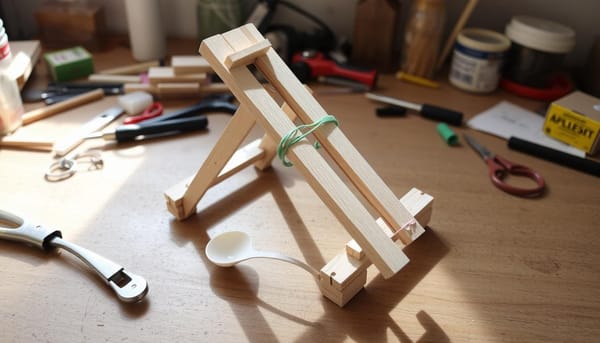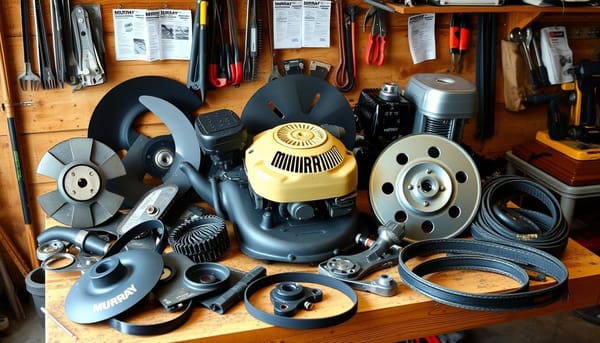Picostone: Filling the Electrical Gap

Niket Sarvaiya and Virang Jhaveri are true innovators who are well-connected to the roots of our digital world. But they are also aware that there still persist many gaps in our connected digital worlds. Take switchboards and the devices that are plugged into them, for example. This is the gap the duo were inspired to fill. With Picostone, founded in Mumbai in 2016, you can control all electronic appliances with a mobile smartphone through a suite of plug-and-play devices.
The pain point
The major problem was to make the digitized switches both simple as well as affordable that can be scaled with ease to reach the masses, opined Virang, who is the CEO and co-founder of Picostone.
The solutions
The first lot of products coming out from Picostone include “Basic”, “Polar” and “Mods”. With Basic, which is a box that sits behind switchboards the size of an envelope, one can take control of appliances from smartphones, irrespective of location. Basic can control up to four devices with similar technical specs like fans, tube lights, and LEDs. In fact, you can even set their brightness, speed, and even temperature. Virang chips in “It’s plug-and-play, and doesn’t need you to touch-up on your existing circuitry.” One can even get usage stats of the device for optimization and schedule turning the devices on or off.
With Polar which is charger-sized device one can control all IR or remote-controlled devices like TVs, ACs, set-top boxes and audio systems. You can schedule their use according to your preferences. It “also learns your remotes just in case it isn’t familiar with its operations,” notes Virang.
Mods is a modular smart-home system. With Mods, one can control devices that have higher voltage ratings. It can be connected to Basic and can handle almost anything up to a 5A current rating. The device is also good for detecting suspicious behavior on your device apart from turning the phone off when it is fully charged to optimize battery life and averting accidents. You can also get a host of value-added features with Mods. You can track bills, analyze the individual power consumption of devices while AI-driven algos optimize your bills.
Pilot projects
“The tech used behind our products is wifi, which is something our users understand very well. It is economically priced, and the entire hardware and the software stack is built, developed, designed and engineered by us,” Virang says. Their first small pilot project in their rooms in January of 2016 was successful. But during their second pilot at a school where “We discovered a major glitch in the hardware. There was an issue with the WiFi circuitry, and it needed a reset after every two to three days. It was a huge learning experience and we proactively rectified it,” says Virang.
The glitches out of the way, Picostone set up a partners and dealers retail network across the country. Virang comments “We also developed small portable demo kits as people needed to see our product in action to believe it. Our distributors and dealers to provide instant demos to our clients.”
Notable traction
The due employed a number of marketing strategies including 180 free installations and their online shopping endeavor, the “Mad Sale” where the gave a whopping discount of 77 percent for 3 days gave Picostone the solid traction it needed. Till yet Picostone has over 1,100 units installation a number which is growing at 40 percent monthly. They already have a cult following “We were lucky to have some really strong brand advocates – popular VJ Jose, comedians Biswa Kalyan Rath, Kunal Kamra, Sahil Shah, entrepreneur and novelist Durjoy Dutta who loved the product and have been kind enough to help us grow and reach out to people.”
The duo came across their third partner, Nilesh Jain, in June of 2016 at an event. He could identify with the duo, and came onboard first as an investor, and then eventually as a partner. If the team is able to tap even two percent of the 11 core urban households in India, it will lead to significant revenues for the company. However, they have company in the form of Pert.me, Cubical labs etc. The difference between them and these other players are their affordability, the ease with which the system may be installed, that they are hubless and are based on Wi-fi. Further, their initiative is also entirely made In India.
Fyxes
Thoughts, stories and ideas.




